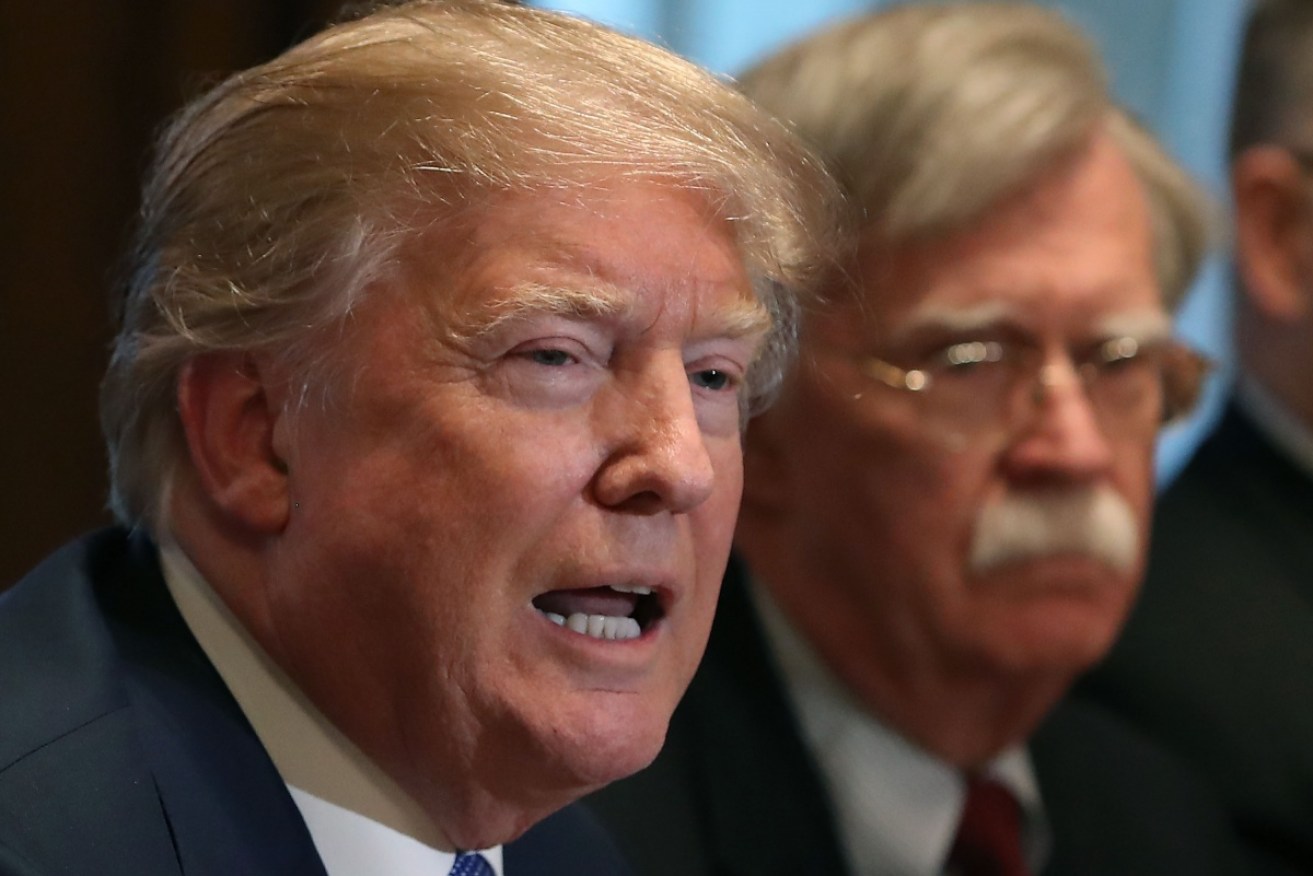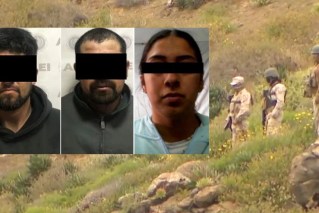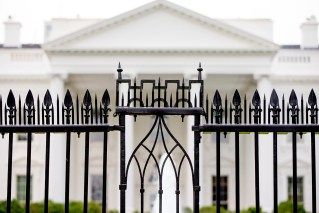Showdown looms as FBI raids offices of Trump’s lawyer Michael Cohen


President Trump (with National Security Advisor John Bolton) denounces the FBI raid during a cabinet briefing in Washington. Photo: Getty
The United States is plunging into the most dangerous constitutional crisis of the past 50 years, if not in its history.
In scenes more at home in a banana republic than in the world’s only (for the moment, anyway) superpower, agents of the FBI today raided the offices of President Donald Trump’s personal attorney, Michael Cohen.
He is the man who says he paid porn star Stormy Daniels US$130,000 of his own money for reasons that have nothing at all to do with her alleged affair with Mr Trump in 2006.
To describe the raid as extraordinary is to undersell its historical significance. Let this sink in: federal law enforcement officials raided the office of a sitting president’s lawyer, reportedly looking for evidence of a crime involving said president.
It is an unprecedented and urgent act, put in motion by agents, prosecutors and judges who, in their wisdom, saw sufficient evidence of grave and potentially criminal behaviour.
While it demonstrates the independence of the federal justice apparatus from the rest of the executive branch, it also aggravates the looming confrontation between Special Prosecutor Robert Mueller and the Trump White House.
It sharpens the bitter political divisions splitting the country. And it further corners an already paranoid, narcissistic president who will stop at nothing to protect his hide.
At a cabinet meeting this evening with his military brass to discuss a possible bombing raid of Syria, a rattled and rambling Mr Trump railed against the document seizure, claiming agents “broke into” Mr Cohen’s office.
The usual tropes were there – ”a total witch hunt,” “a disgraceful situation,” Hillary’s “crimes” – but there was a desperate, frayed edge to his comments this time.
Arms crossed tightly across his chest, Mr Trump insisted that investigators, many of whom, like Mr Mueller, are Republicans, were “the most biased group of people … the most conflicts of interest I’ve ever seen”.
He insisted again and again – falsely – that “they found no collusion,” when anyone with a pulse and a Facebook feed knows Mr Mueller’s investigation is continuing.
Mr Trump dissembled when asked directly whether he would fire Mr Mueller, but the aggrieved and frightened look in his eye suggested otherwise.
In a White House increasingly bereft of any moderating voices, it seems inevitable that Mr Trump will see fit to somehow move against Mr Mueller.
Even in Richard Nixon’s White House at the height of Watergate, when he fired special prosecutor Archibald Cox, there was a sense that some officials – either in the White House or fellow Republicans in Congress – would rebel against the President’s unilateral moves.
It took a year, but they eventually did. Mr Nixon, without a way out, chose to resign.
Those were trying times for the United States. The scandal dragged on for two years, with publicly televised congressional hearings and court battles over the meanings and powers invested in the Constitution.
In the end, that parchment document, hammered out by newly-victorious revolutionaries during a particularly hot Philadelphia summer of 1787, was deemed the winner.
It had provided the guiding doctrine between the warring branches of government, a finely tuned GPS for democratic government.
But in many ways the political battles of the 1970s seem benign compared to the malignant distrust and loathing animating American political life.
It is likely that huge swathes of the country will see today’s raids as the first acts of a coup meant to thwart Trump. He will no doubt fan those suspicions.
There are few if any figures from either party who seem ready to steady the country for what seems an inevitable constitutional cage match – in the courts, in the media, in every local, state and federal governing body – that this country is heading towards.
Whether the ultimate trigger is today’s raids, or Mr Mueller’s upcoming findings, or some as-yet-unknown accusation of corruption, today’s remarkable events make it clear there is no turning back.
This will not, and cannot, end in some negotiated settlement, or the expected Democratic election rout in November.
The Constitution is heading towards its most serious test. While forged by the wisdom and dreams of many good men, it is only as strong today as those entrusted to uphold it. That reckoning is approaching faster than we think.
Larry Hackett is the former editor in chief of People magazine in the US and a current contributor to the morning television news program Good Morning America. Based in New York, he writes regularly for The New Daily on American life and politics.








